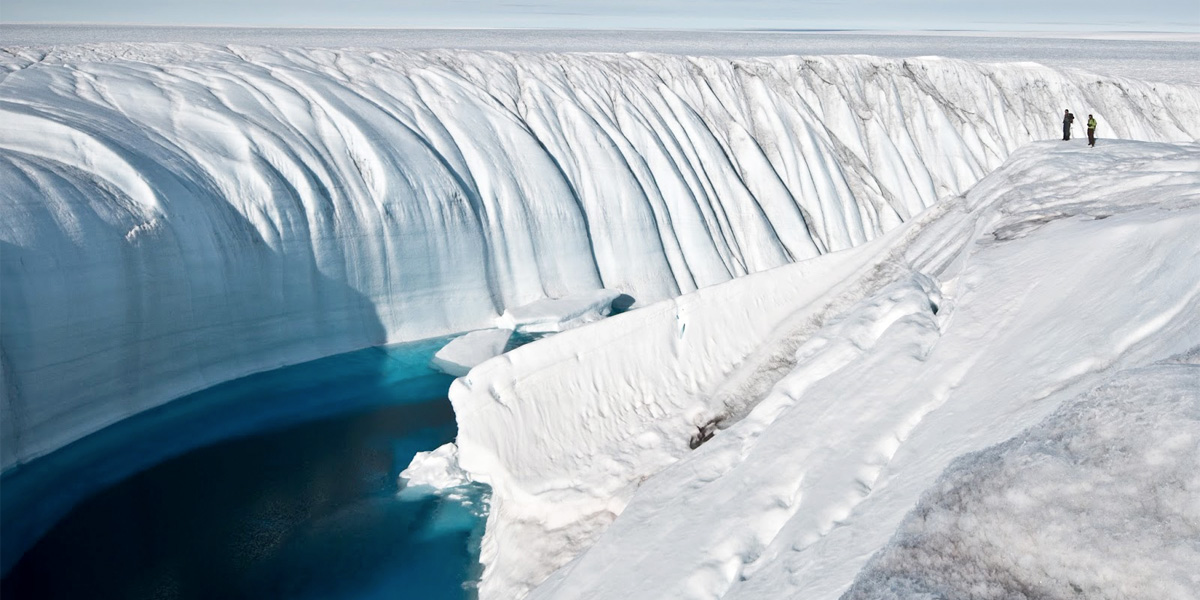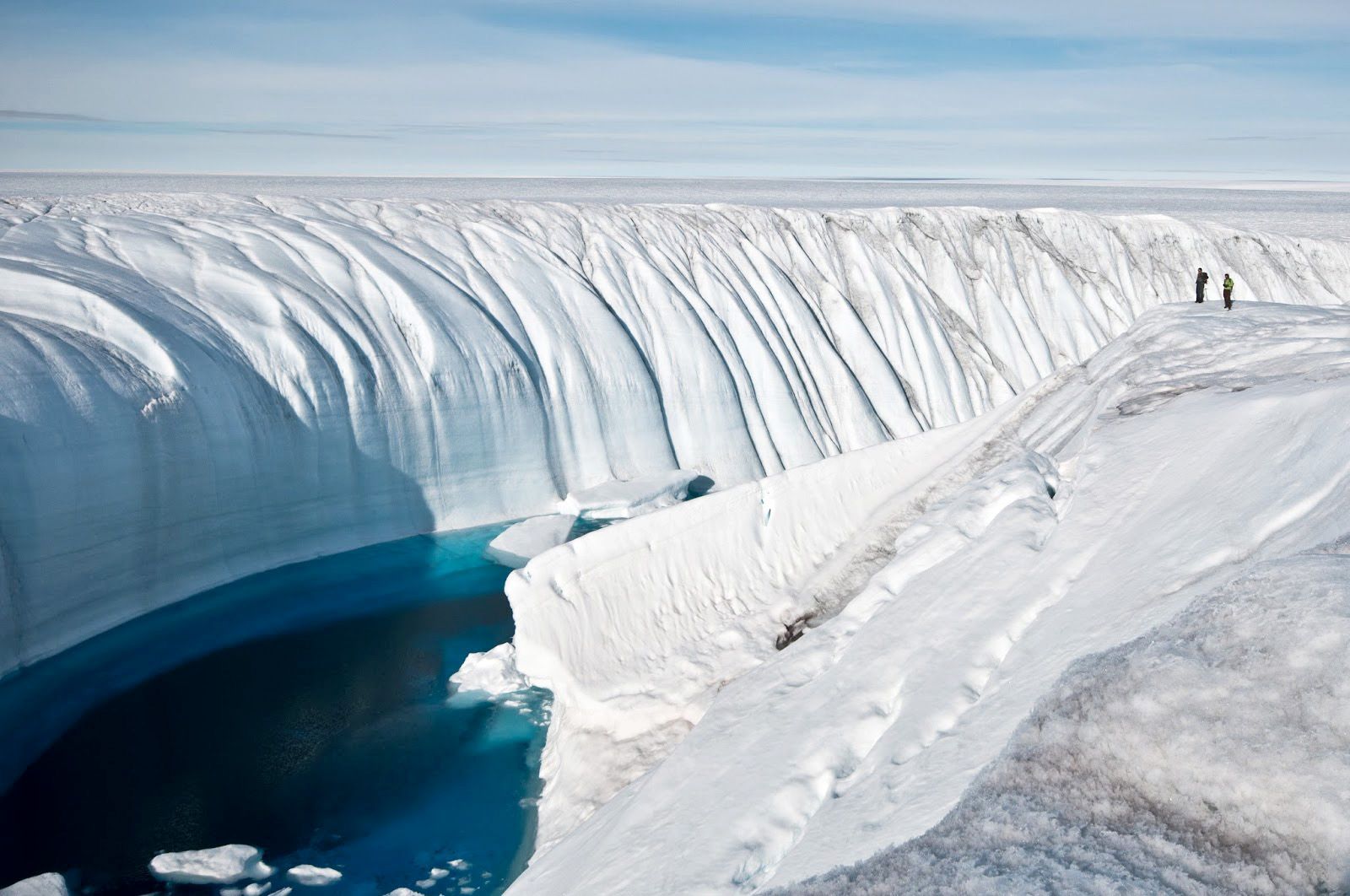

Two studies published in Nature Wednesday show seemingly contradictory visions for Greenland’s past and the future of its ice sheet, but actually describe different aspects of the ice.

One study finds that Greenland’s ice sheet may have melted almost completely and repeatedly during the last 1.4 million years, suggesting the ice is more sensitive to warming than currently thought.
The second concluded that the ice on the very easternmost coast has been stable over a 7.5 million year period. Scientists working on both studies say that their results could be compatible: both demonstrate the volatility of the ice sheet, both show that more research is needed, and that while the majority of the island’s ice has melted multiple times, the high altitude east coast has remained icy. Determining the ice sheet’s response to warming is crucial, because its melting could raise global sea levels by up to 24 feet.
For a deeper dive:
Time, Gizmodo, AFP, Christian Science Monitor, US News & World Report, Scientific American, InsideClimate News, Phys.org
For more climate change and clean energy news, you can follow Climate Nexus on Twitter and Facebook, and sign up for daily Hot News.

 233k
233k  41k
41k  Subscribe
Subscribe 